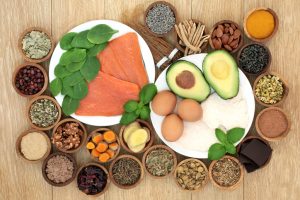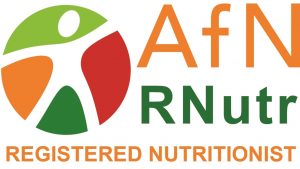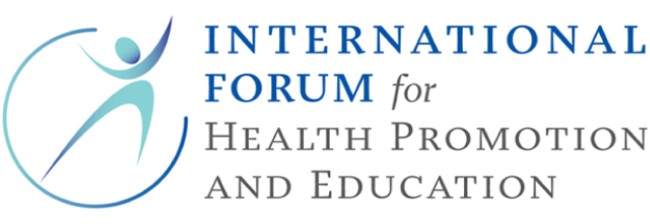 Our articles for Executive Travel Vitality often focus on the stresses involved in travel for work and coping strategies to improve mental wellbeing. It’s weird now that our new cause of anxiety is that we can’t travel, our health and safety are precarious and many of us are threatened by the possibility of reduced or complete loss of employment. At times like these, our stress levels rise and our aim to eat a healthy diet can go astray.
Our articles for Executive Travel Vitality often focus on the stresses involved in travel for work and coping strategies to improve mental wellbeing. It’s weird now that our new cause of anxiety is that we can’t travel, our health and safety are precarious and many of us are threatened by the possibility of reduced or complete loss of employment. At times like these, our stress levels rise and our aim to eat a healthy diet can go astray.
Reacting to Stress – the Cortisol factor
Sudden scary events cause a surge in adrenalin which engages our primal urge to fight a foe or run away rapidly. The hormone adrenalin sets us up for a burst of energy usually used over a short time period. Longer-term stressful situations of the type now being experienced as we try and cope with the COVID-19 pandemic involves the hormone cortisol. This hormone helps the brain control mood, fear and shuts down non-relevant body systems. When the stress subsides, our hormone levels return to normal, and with it our heart rate, blood pressure and appetite.
Research has found that those of us who produce high levels of cortisol in response to stress are more likely to snack or eat treat foods as a mechanism for dealing with anxiety.
Comfort Eating
 If a stressful situation is recurring or persistent, foods high in fat and sugar give a temporary mood lift. There is probably a genetic vulnerability to comfort eating, but it can be reinforced in all of us when it has the desired effect, at least in the short term.
If a stressful situation is recurring or persistent, foods high in fat and sugar give a temporary mood lift. There is probably a genetic vulnerability to comfort eating, but it can be reinforced in all of us when it has the desired effect, at least in the short term.
In the long term, stress can make us prone to eat more, sleep less and consume more alcohol, unsurprisingly this is can result in increased anxiety and impaired concentration.
Simple healthy coping behaviours
Get enough sleep – power naps and early nights can help.
Avoid dehydration – keep up our fluid intake but beware of too much alcohol and salty snacks which can cause dehydration.
Be alcohol aware – it can be tempting to seek relaxation with alcoholic beverages, excess alcohol will only add to the feeling of unease and anxiety.
Moderate to low caffeine – no need to cut it out if you habitually have a few caffeinated drinks a day, caffeine withdrawal feels awful, but too much caffeine in susceptible people can enhance agitation.
Exercise – cortisol increases blood sugar which needs to be used by our muscles. Any exercise will help you cope better with stress, a brisk walk or run, an online class or even car washing and gardening will help to restore our feeling of calm.
Twenty minutes sat in the sun – with the added bonus of a boost to our vitamin D status.
Foods to Calm and Nurture
 Foods high in fat, salt and sugar leave us feeling lethargic and thirsty, and feed our gut bacteria with an unhealthy diet. Whole grains, nuts and seeds, with plenty of fresh fruit and vegetables provide the best recipe for healthy gut flora. An irritable bowel is much more common during times of stress, so it’s especially important to nurture our microbiome.
Foods high in fat, salt and sugar leave us feeling lethargic and thirsty, and feed our gut bacteria with an unhealthy diet. Whole grains, nuts and seeds, with plenty of fresh fruit and vegetables provide the best recipe for healthy gut flora. An irritable bowel is much more common during times of stress, so it’s especially important to nurture our microbiome.
Walnuts, almonds and avocado contain omega-3 precursor fatty acids, plus the antioxidant vitamin E.
Dark chocolate containing more than 70% cocoa solids may give our serotonin levels and endorphins a small boost.
Bright berries contain phytochemicals and antioxidants.
Orange coloured fruits and green leafy vegetables contain carotenoids and B vitamins.
Tea of any kind soothes our mood.
A little stress boosts motivation and keeps us alert, but continuous anxiety is destructive. Taking time to recognise the issues and have a tool kit of fixes will help keep our minds and bodies in good shape for the challenges ahead.
© 2020 Executive Travel Vitality




























